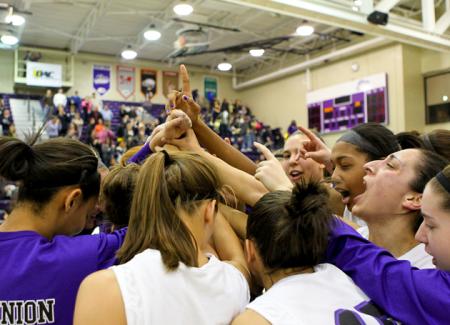Finally. A forum to tell people what is really going on at this company (sort of)! Exit interviews can provide companies with feedback on areas of improvement and offers closure to employees. The concept is a little kumbaya, assuming that all break-ups will be civil, but if done correctly, exit interviews can be a positive experience for both parties.
 The Bachelorette: Men Tell All episode aired this past Monday evening. There are two lucky bachelors left, vying for this season’s bachelorette, Andi. As for the twenty-three unlucky bachelors sent home earlier this season, the tell-all episode gives the guys an opportunity to explain what went wrong, why it wasn’t a match made in Heaven, and what led to their departures.
The Bachelorette: Men Tell All episode aired this past Monday evening. There are two lucky bachelors left, vying for this season’s bachelorette, Andi. As for the twenty-three unlucky bachelors sent home earlier this season, the tell-all episode gives the guys an opportunity to explain what went wrong, why it wasn’t a match made in Heaven, and what led to their departures.
With twenty-three good-looking, broken-hearted guys confessing their love, I have to say that’s an epic display of a true, romantic tragedy.
When conducting an exit interview, there are a few types of people (or bachelors in Andi’s case) HR should be on the look out for:
Extremists (Marcus):
These are the people that make you feel like this (insert eyes wide open emoji). They say so many good things about your company that there aren’t any take-aways, and you can’t get one piece of constructive criticism out of them. It’s like talking to Elmo or something.
Then there are the folks who have a V for Vendetta against the organization. Your company is so detrimental to society that even the instant coffee machine that spits coffee onto their brand new white pants gets stage time in their “famous last words” speech.
If you detect either of these sentiments, run far, far away. Don’t let these people skew your data.
Friend Zoners (Marquel):
This never works out too well. Telling current HR staff members about the laundry list of awfulness is like officially breaking it to someone that they’re in the friend zone. It’s hard. It usually means it’s been going on for a while, and their heads don’t match their hearts. You’ll never get the truth.
The Gentleman (Chris):
Nice guys finish last in love, again… But, on the off chance you find an Honest Abe who has the opportunity to express his constructive criticisms and valid compliments to a non-partial third-party, do not squander the encounter! If Chris, the farmer from Iowa, is sitting at the table, don’t let him get away!
Whether it’s feedback on culture, a manager, the location of the popcorn machine in proximity to napkins, or process improvements, capturing the data and implementing action steps is imperative.
While most exit interviews won’t have an HR department with Bachelorette host Chris Harrison on staff, a blooper reel, lie detector results, millions of viewers, tears (well maybe), or cookies thrown into the crowd, the idea is the same. We all need closure, whether it’s with The Bachelorette or a company. And if done the right way, the conversation might yield an improvement in the instant coffee machine for the rest of us.



















